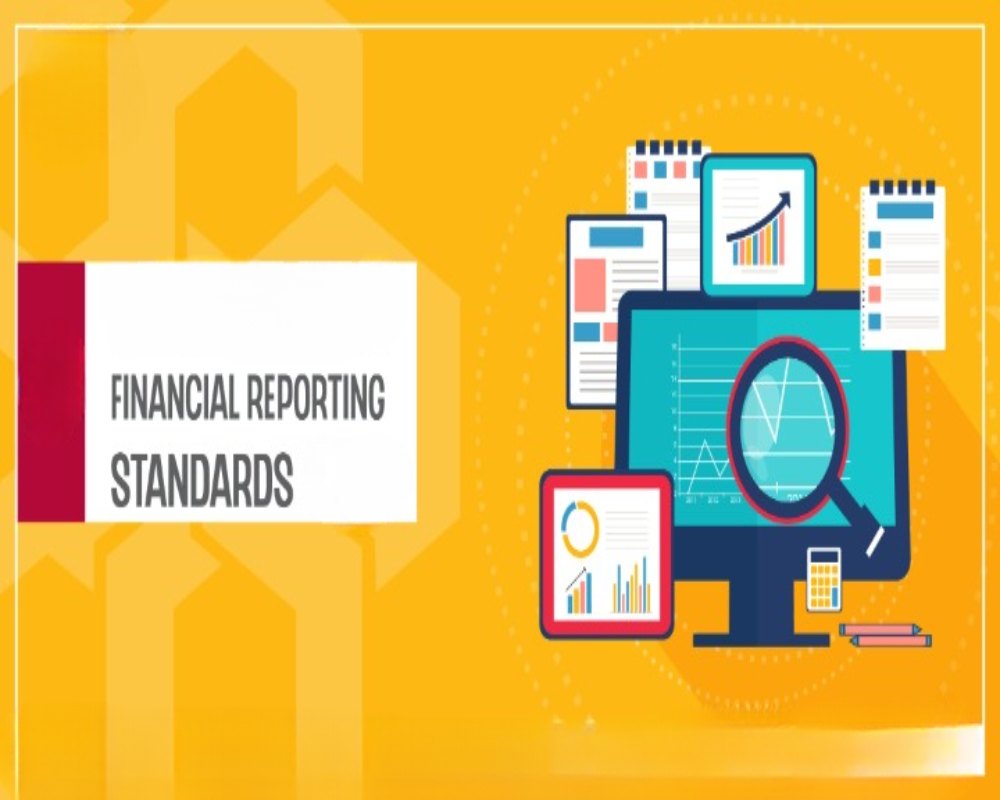Introduction
Financial reporting is an essential component of corporate governance, ensuring transparency, accountability, and informed decision-making. In India, One Person Companies (OPCs), though simplified in structure, are still considered private companies under the Companies Act, 2013 and must comply with prescribed financial reporting norms. These standards not only define how financial transactions are recorded and presented but also establish consistency and comparability across entities. This article outlines the financial reporting standards applicable to OPCs, focusing on their legal obligations, accounting practices, and disclosure requirements.
Classification of OPC as a Private Company
OPCs are classified as private limited companies under the Companies Act, 2013. As such, they are subject to financial reporting obligations applicable to private companies, with certain relaxations due to their size and ownership structure. However, they must still maintain accurate financial statements and follow accounting standards notified under the law.
Applicability of Accounting Standards
OPCs must comply with the Accounting Standards (AS) or Indian Accounting Standards (Ind AS) as notified by the Ministry of Corporate Affairs. Generally, most OPCs fall under the Accounting Standards prescribed for non-Ind AS companies, unless they meet the thresholds requiring adoption of Ind AS (i.e., ₹250 crore turnover or ₹50 crore net worth). These standards govern the recognition, measurement, and disclosure of financial elements.
Preparation of Financial Statements
An OPC is required to prepare a full set of financial statements, including:
- Balance Sheet
- Profit and Loss Account
- Cash Flow Statement (optional for OPC)
- Statement of Changes in Equity (if applicable)
- Notes to Accounts
These must reflect a true and fair view of the company’s financial position and performance. Financial statements must be prepared at the end of each financial year, which concludes on March 31.
Statutory Audit Requirement
OPCs are not exempt from statutory audit, regardless of turnover. The financial statements must be audited annually by a Chartered Accountant in practice. The auditor’s report must be attached to the financial statements filed with the Registrar of Companies (RoC). The audit ensures the financial data adheres to applicable standards and statutory requirements.
Filing of Financial Statements with RoC
OPCs must file their audited financial statements with the RoC using Form AOC-4 within 180 days of the close of the financial year. Along with the financials, the board report and auditor’s report are also submitted. This public filing supports transparency and regulatory monitoring of the company’s financial health.
Exemption from Cash Flow Statement
Unlike other private companies, OPCs are exempt from preparing a Cash Flow Statement, as per Rule 8 of the Companies (Accounts) Rules, 2014. This exemption simplifies financial reporting while retaining the core financial disclosures necessary for stakeholders and compliance.
Board Report Simplification
For OPCs, the Board Report is simplified and must be signed by the sole director. It includes key financial highlights, state of affairs, auditor’s comments, and other disclosures required under Section 134 of the Companies Act. The simplified format reduces complexity while still ensuring critical information is shared.
Impact of MCA Notifications and Revisions
The financial reporting landscape for OPCs is shaped by periodic notifications issued by the Ministry of Corporate Affairs (MCA). These updates may change threshold limits, formats, or applicability of standards. OPCs must stay informed about these changes to ensure continued compliance with the latest requirements.
Conclusion
Financial reporting for One Person Companies strikes a balance between regulatory oversight and operational simplicity. Though OPCs enjoy exemptions such as relief from cash flow statements and simplified board reports, they are still required to maintain and file audited financial statements in accordance with applicable standards. Adhering to these financial reporting norms not only ensures legal compliance but also builds credibility and transparency, essential for growth and sustainability in a competitive business environment.
Hashtags
#FinancialReporting #OPC #AccountingStandards #FinancialStatements #Compliance #BusinessFinance #FinancialLiteracy #AccountingPrinciples #Taxation #FinancialAnalysis #SmallBusiness #Entrepreneurship #FinancialEducation #RegulatoryStandards #BusinessGrowth #Investment #FinancialManagement #CorporateFinance #Audit #FinancialTransparency


0 Comments